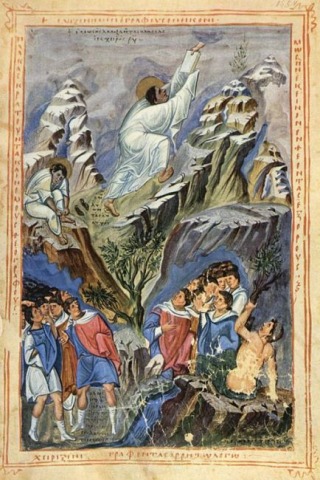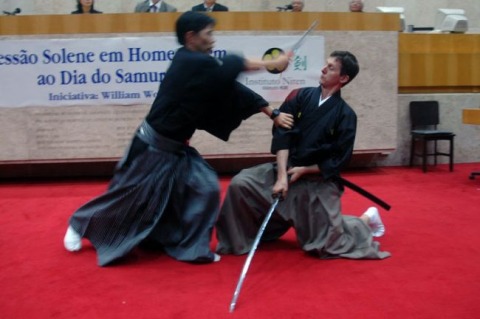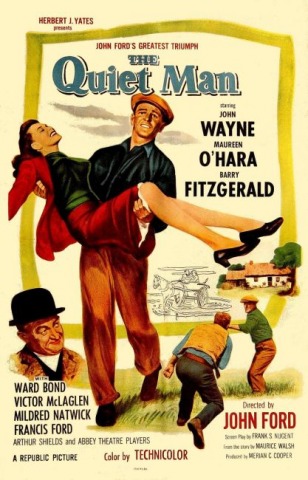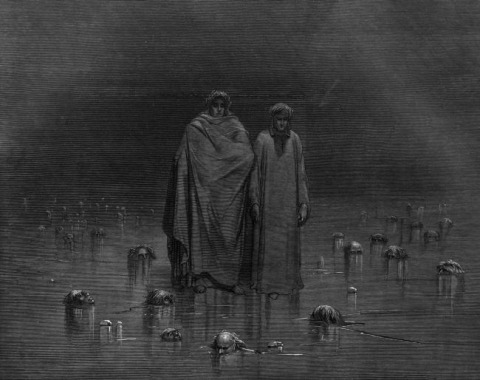


One wonders what so-called values voters in the recent South Carolina primary thought they were doing. Apparently the wrong “values” were in play. Some were repelled by the ugly character of the winning candidate; most weren’t.


Among the cruelest slaveries is mood, because we recognize neither the master nor the manacle. In the first place we don’t notice our moods; in the second place we don’t notice that they have mastered us.

A common view has it that we have a moral duty to talk with everyone – that unless we are constantly in dialogue, we are both unreasonable and uncharitable. On the contrary, sometimes both charity and reason require breaking off conversation. Or even refusing to enter it.


A reader comments:
Your blog is not only enjoyable, but has also led to repentance. Many at church here, including me, have had to examine themselves after reading your piece “The New Evangelization and the Old Excuse.” Thank you for this convicting post.

In teaching classical works of ethics – say, Cicero’s On Duties -- one of the most difficult things to explain is the idea of the fitting. Our ancestors considered it obvious to any decent mind that some things are rationally appropriate to a given situation, and others are not. Instead, we take notions of what is fitting to be nothing but “manners.”
